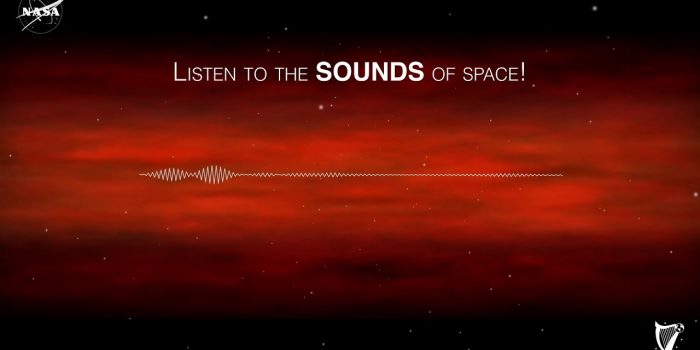On April 17, NASA shared an intriguing sound clip produced by the Heliophysics Audified: Resonances in Plasmas (HARP) project. This initiative aims to convert data regarding Earth’s magnetosphere into audible sounds to facilitate the identification of anomalies in the plasma shield. The sound clip offers a haunting preview of the strange and unsettling sounds created by Earth’s magnetic field. When solar plasma waves interact with the planet’s magnetic field, it causes the magnetic field lines to vibrate, producing a unique and otherworldly sound. The resulting sounds comprise a series of high-pitched whistles, crunches, and whooshes, reminiscent of the playing of a harp.
NASA is investigating several research programs to better understand the sun-Earth interaction and how the sun’s activities affect our planet. Scientists are attempting to gain a better understanding of space weather, which can have catastrophic consequences for our planet, by analyzing the magnetosphere. Intense solar flares, for example, can cause power outages and communication disruptions, emphasizing the need of monitoring the Earth’s magnetic field.

The HARP project is one of many NASA programs aimed at better understanding the complexities of the Earth’s magnetic field. Citizen scientists can assist scientists in detecting unexpected patterns that could lead to new discoveries about the magnetosphere and the sun by interpreting these noises.
In conclusion, the HARP project by NASA is a fascinating attempt to translate the complex workings of Earth’s magnetosphere into an audible format. The project not only highlights the exquisite nature of our planet but also fulfills a vital scientific goal by enabling citizen scientists to recognize any anomalies in the plasma shield. By grasping the convoluted interactions between Earth and the sun, scientists can better anticipate and prepare for space weather events, safeguarding the security and well-being of our planet.


